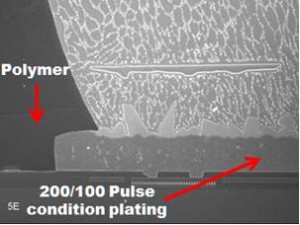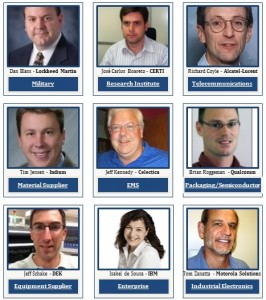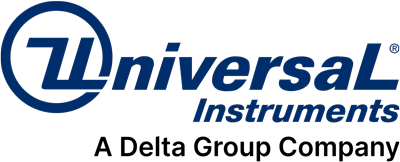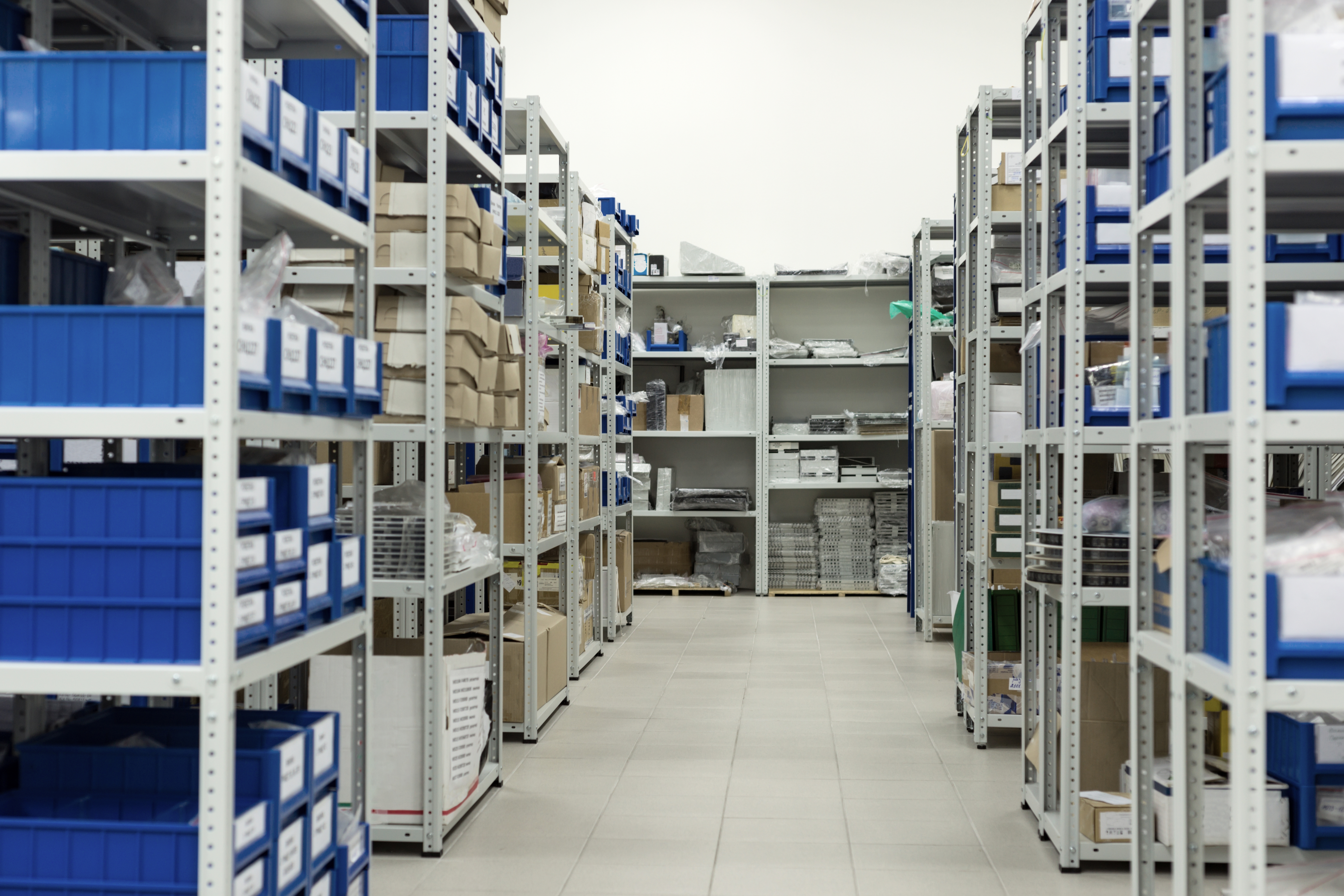July 16, 2014 – Advanced Research in Electronics Assembly (A.R.E.A) Consortium was initiated 22 years ago by Universal Instruments’ SMT Laboratory in the effort of conducting pre-competitive cooperative researches with Fortune 100 companies for the comprehensive development of the assembly process for Ultra-Fine Pitch and Tape Automated Bonded components. The project was organized to defray the high costs and associated technical risks among a large group of principals.
 Today, Universal’s AREA Consortium has 27 members representing leading companies in the electronics assembly industry. It’s not the usual consortium where members conduct research and decisions are taken during committee meetings. In the AREA Consortium, a team of experienced scientists conduct fast-paced research and report back results at three meetings each year, as well as post research results on a protected website. All research is conducted in Universal’s Advanced Process Laboratory (APL) and takes advantage of the lab’s comprehensive production and analytical equipment set. Member companies are invited to participate in the research and some keep residents in the laboratory for periods ranging from days, weeks to years.
Today, Universal’s AREA Consortium has 27 members representing leading companies in the electronics assembly industry. It’s not the usual consortium where members conduct research and decisions are taken during committee meetings. In the AREA Consortium, a team of experienced scientists conduct fast-paced research and report back results at three meetings each year, as well as post research results on a protected website. All research is conducted in Universal’s Advanced Process Laboratory (APL) and takes advantage of the lab’s comprehensive production and analytical equipment set. Member companies are invited to participate in the research and some keep residents in the laboratory for periods ranging from days, weeks to years.
Members provide feedback and guidance to the AREA Consortium Manager to ensure the AREA Consortium research is meeting the needs of the industry and its members.
We have formed a steering Committee consisting of one representative from each of the market segments represented in the AREA Consortium. The AREA’s research projects are selected by the AREA Manager with the advice of the Steering Committee.
The goal of the Consortium is to develop a fundamental, mechanistic understanding of the materials and processes utilized in electronics assembly, with special focus on maximizing assembly yields and long-term reliability. Each year, research goals are established by continual consultation with current and potential Consortium members, as well as other industry and academic researchers, guaranteeing research that takes full advantage of current knowledge.
Current research topics include:
Material
- Lead-free microstructure: damage accumulation, failure modes
- Circuit board text and design: pad cratering
- Underfills, epoxy fluxes, adhesives
- Thermal interface materials
- Solder paste
- Surface finishes
Reliability
- Accelerated thermal cycling
- Bend testing
- Drop
- Vibration
- Corrosion
- Failure mode classification
Process
- Lead-free
- Advanced packaging: PoP, SiP, fine pitch, QFN/LGA
- Re-work
- Screen printing
- Vapor phase
- High-temperature solder
In the future we will be sharing with you a series of the ongoing research topics of the Consortium. If you wish to learn more about the AREA Consortium or becoming a member, visit http://www.uic-apl.com/area-consortium or contact either Denis Barbini (barbini@uic.com/+1 603-828-2289) or David Vicari (vicari@uic.com/ +1 607-779-5151).



